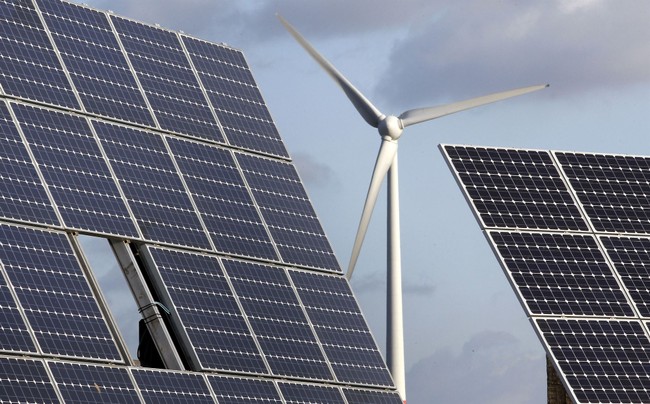
When researchers abandon empirical observation in favor of predetermined conclusions, science transforms into propaganda – something far more dangerous than the simple ignorance perpetuated. In climate sciences, funding agencies and international political bodies have dictated outcomes while authentic scientists faced systematic marginalization for questioning the prevailing narrative.
The issue of climate change generates fierce debate among scientists, yet the public mostly gets a sanitized representation of nearly unanimous agreement. This is a pernicious deception given the high stakes: Climate science influences public policy that drives huge sums in public and private expenditures across industries – from energy to agriculture – and affects billions of lives.
Much of our world’s economic fortunes have been damaged by computer simulations of climate models that regularly fail testing against real-world observations. These models, which serve as the foundation for multi-trillion-dollar “net zero” policies, have a well-documented history of overpredicting warming. They are programmed with a high sensitivity to CO2while systematically downplaying the powerful roles of ocean cycles, solar variability, cloud absorption of radiation, carbon sinks, and volcanic activity.
Dr. Judith Curry, professor emerita at Georgia Institute of Technology, exposes the reality behind this manufactured consensus: “What climate scientists actually agree on is very little. Everyone agrees that it’s been warming since about the middle-19th century. Everyone agrees that we’re adding carbon dioxide (CO2) to the atmosphere. But scientists do not agree on the most consequential issues, such as how much of the recent warming has been caused by humans.”
Initially embraced by advocacy groups for her research on hurricane intensity, Curry later faced backlash when she questioned the overstated links between warming and extreme weather.
Curry critiques the rush to attribute warming solely to human activity, questioning the reliability of climate models. Because fundamental questions remain unanswered with any certainty. “How much warming can we expect for the remainder of the 21st century?” she asks. “Is warming dangerous? Will humanity benefit overall from rapid fossil fuel transitions?”
Dr. Curry is far from an isolated case. Dr. Peter Ridd, a physicist who spent more than three decades studying the Great Barrier Reef, was subjected to a modern witch hunt and ultimately fired from James Cook University in Australia for the supposed crime of questioning the prevailing narrative about the reef’s purported imminent demise.
Dr. Ridd had the audacity to point out that much of the institutional “science” regarding the reef suffered from poor-quality research. Claims of catastrophic damage were exaggerated, he said.
Recent surveys have shown the Great Barrier Reef with record-high coral cover, directly contradicting the alarmist reports Ridd was fired for questioning.
The goal of climate alarmists was no longer to understand the natural world but to produce data supporting a political agenda. Any scientist refusing to play along became a target. Peer review, once a guardian of scientific quality, changed to a weapon for enforcing ideological conformity.
Curry describes this transformation: “It’s not science anymore. It’s become a pseudoscience. You know, the hardcore, physics-based climate dynamics, such as what we had in the 1980s, that’s just a small sliver of what we now define as climate science.”
Thankfully, there’s a window of opportunity for making climate science great again. Dr. Curry was one of the five authors in the July U.S. Department of Energy report “A Critical Review of Impacts of Greenhouse Gas Emissions on the U.S. Climate.” The selection of Curry and her coauthors shows that there are sections of the government apparatus now open to honest scientific discussion.
The DOE report – whose formulation is a rare instance of skeptical scientists being allowed to evaluate climate data on its merit for a federal document – suggests we don’t fully understand how much warming lies ahead or even if it would be damaging.
Furthermore, the analysis reveals that “most extreme weather events in the U.S.A. do not show long-term trends. Claims of increased frequency or intensity of hurricanes, tornadoes, floods, and droughts are not supported by U.S. historical data.
Hell-bent on suppressing challenges to the status quo, like DOE’s report, is a climate industrial complex of high-profile academics, professional societies, and politicians whose careers and status are dependent on fearmongering or buying into the narrative that feeds it. Little wonder that they resort to character assassination, vapid rhetoric, and shoddy research.
The historical norm in academia was vigorous, respectful disagreement over scientific questions, which facilitated advancement in human knowledge. Let’s hope DOE’s report returns us to that standard.














